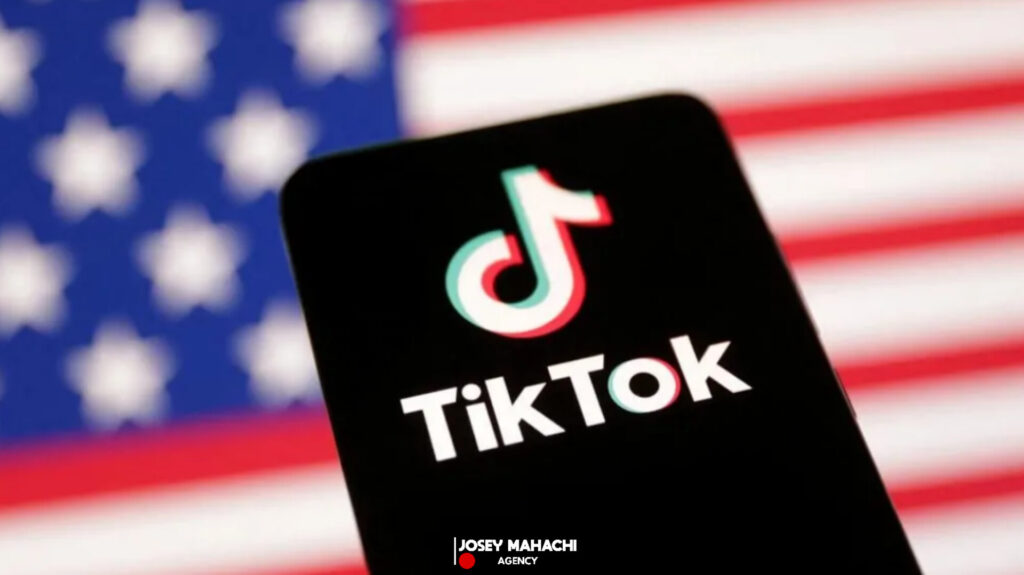By : Lloyd Mahachi
TikTok is set to appear before the US Supreme Court today in a last-ditch effort to overturn a ban that could come into effect on January 19. The popular social media platform is challenging a law passed last year that orders the firm to be split from its Chinese owner, ByteDance, or face a block in the US.
The US government argues that without a sale, TikTok could be used by China as a tool for spying and political manipulation. This concern is shared by other countries, including the UK, where TikTok is banned from government devices. India has also imposed a complete ban on the app.
TikTok rejects the US government’s claim, arguing that it has been unfairly targeted and that the measure violates the free speech of its 170 million American users. The company has asked the Supreme Court to strike down the law as unconstitutional or to halt its enforcement to enable a review of the legislation.
TikTok claims that the law is based on “inaccurate, flawed and hypothetical information”. The company has repeatedly denied any potential influence by the Chinese Communist Party and has said that it stores its US user data outside of China. However, the US government remains unconvinced, arguing that ByteDance could still be coerced into handing over user data.
The case has been complicated by President-elect Donald Trump’s recent intervention. Trump’s lawyers filed a brief last month asking for the enforcement of the law to be paused to grant him time to work out a deal. This move has raised hopes among TikTok’s supporters that the ban might be overturned.
However, analysts say that reversing the prior ruling would be unusual, especially given the government’s concerns about national security. The Supreme Court’s decision could have significant implications for the future of social media and the balance between national security and free speech.
The US government’s concerns about TikTok are not limited to its potential use as a tool for spying and political manipulation. There are also concerns about the app’s impact on children’s mental health and its potential to spread misinformation.
TikTok has responded to these concerns by introducing new safety features and partnering with fact-checking organizations. However, the US government remains skeptical, arguing that the company has not done enough to address its concerns.
As the Supreme Court prepares to hear TikTok’s appeal, the company’s fate remains uncertain. Will the court uphold the ban, or will it rule in favor of TikTok? One thing is clear: the outcome of this case will have significant implications for the future of social media and the balance between national security and free speech.
The case has also attracted attention from other groups, including the American Civil Liberties Union and the Freedom of the Press Foundation. These organizations argue that the US government has failed to present “credible evidence of ongoing or imminent harm” caused by TikTok.
They claim that the ban would be a violation of the First Amendment and would set a dangerous precedent for government control of social media. The Supreme Court’s decision will be closely watched by these groups, as well as by TikTok’s users and the wider tech industry.
Editor : Josephine Mahachi

